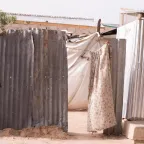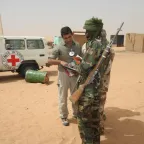1954 Convention on the protection of cultural property - Factsheet
… Protocols of 8 June 1977 additional to the Geneva Conventions also contain provisions protecting … Protocols of 8 June 1977 additional to the Geneva Conventions also contain provisions …



